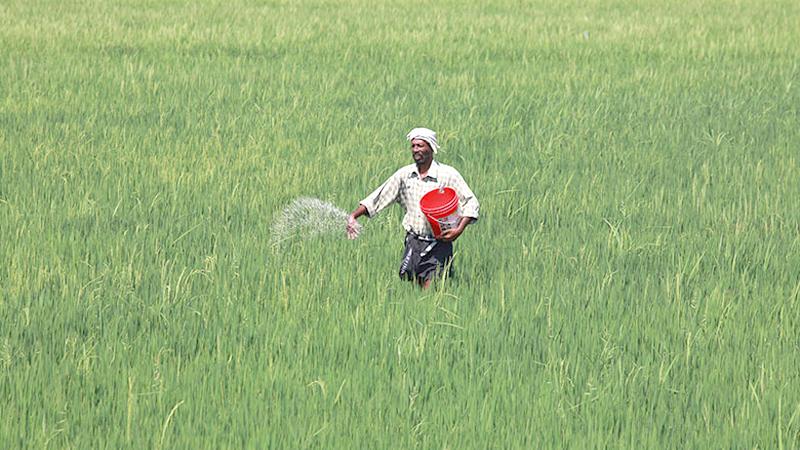
Providing answers to the shortage of fertiliser be it organic or synthetic, the high prices of the available quantities, the devastation of crops by elephants and other pests and the the daily needs of farmers should take precedence before rushing into farming policy shifts, said Thambuttegama and Ampara farmer association representatives last week.
They said there is no point in focusing on farming methods when the country is on the brink of a food crisis.
“Farmers need fertiliser urgently to continue farming. If not there would be a shortage of crop yield this season and also the rest of the year,” a farmer represenating an association in Thanbuttegama said.
Farmers have been clamouring for fertiliser, a basic need to sustain cultivation for months but to no avail.
“Policy makers have mixed up their priorities focusing on unessential imports and not so urgent activities when the entire country is throttled by a killer pandemic. We expect the policy makers to focus on priorities such as agriculture to ensure food security in the country,” farmers said.
Farmers have been burdened and battered by the perpetual threat of pests, of which the invasion of the Fall Armyworm that has been identified in all districts and the elephant menace which has devastated swathes of cultivated land across the country.
Over 80 farmer groups across districts have been demanding for years that the Government gazette a Wildlife Management Reserve to control the elephant-human conflict. “Haphazard and ad hoc measures will not serve any purpose in ending the pest crisis in the country.
Policy decisions should be arrived at in consultation with agri sector experts,” farmers said. Elephant encroachment on cultivations has been reported in 15 districts and the issue has been persisting for decades without a national plan to address the problem
On the shift to organic farming, the farmer association said policy makers should learn from lessons shown in countries that started organic fertilisation decades ago and have failed due to its non-viability.
According to agri experts, to meet crop nutrient demand, an enormous quantity of organic fertiliser and bio fertiliser needs to be produced in the country.
At present around 3,500 tons of municipal organic waste is generated a day in the country of which about 2-3 million tons of compost could be produced per year.
Experts said for organic paddy cultivation needs around four million tons of compost at a very nominal rate of 5 tons per hectare and for tea an additional 3 million tons is needed. However, the country produces only around 0.22 million tons of compost through the Department of Agriculture registered producers and by municipal councils.
“It’s not easy to produce the amount of organic fertilser needed. It is a huge task,” agri experts said.
The organic movement commenced in Europe in the 20th century backed by groups that promoted rural traditions and the use of biological (instead of synthetic) fertiliser.
